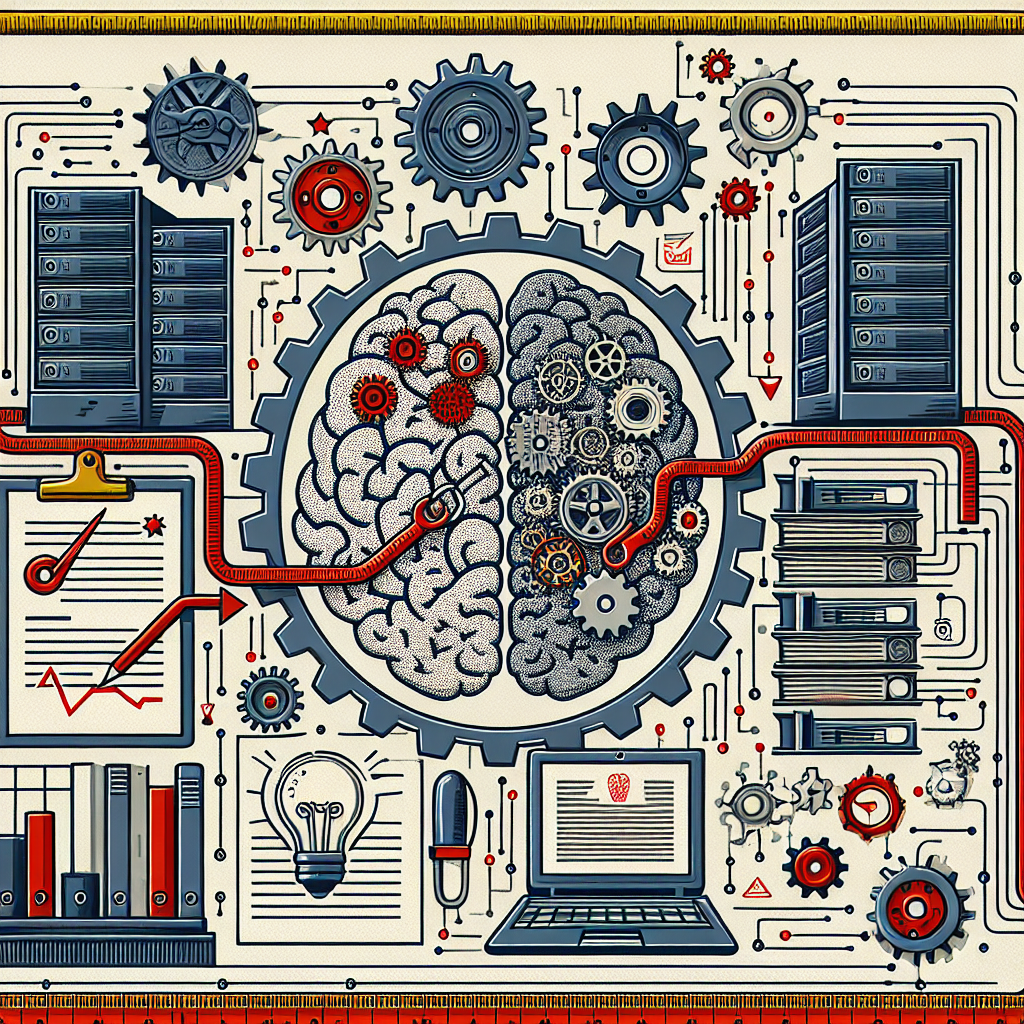Artificial Intelligence (AI) has the potential to revolutionize the way governments operate, making processes more efficient, improving decision-making, and enhancing citizen services. However, implementing AI in government comes with its own unique set of challenges. From data privacy and security concerns to ethical considerations and the need for upskilling the workforce, there are numerous obstacles that must be overcome to successfully integrate AI into government operations.
One of the biggest challenges of implementing AI in government is ensuring data privacy and security. Governments hold vast amounts of sensitive data, from citizen information to national security data, and it is crucial that this data is protected from cyber threats and misuse. AI systems must be designed with robust security measures in place to prevent unauthorized access and ensure data confidentiality.
Another challenge is the ethical implications of using AI in government decision-making. AI systems are only as good as the data they are trained on, and biases in the data can lead to biased outcomes. Governments must be vigilant in ensuring that AI systems are fair and transparent, and that they do not perpetuate existing biases or discriminate against certain groups.
Additionally, there is a need for upskilling the government workforce to effectively implement AI technologies. Many government employees may lack the necessary skills to work with AI systems, and training programs must be put in place to help them adapt to the changing technological landscape. This can be a time-consuming and costly process, but it is essential for the successful integration of AI into government operations.
Furthermore, there are challenges related to the procurement and deployment of AI systems in government. Government procurement processes are often slow and bureaucratic, making it difficult to quickly adopt new technologies. Additionally, there may be resistance from within the government to change and a lack of understanding of the benefits of AI, which can hinder the adoption of new technologies.
Despite these challenges, there are also many benefits to implementing AI in government. AI has the potential to streamline government processes, reduce costs, and improve the delivery of services to citizens. By harnessing the power of AI, governments can make better decisions, improve efficiency, and enhance the overall effectiveness of government operations.
FAQs:
Q: What are some examples of AI applications in government?
A: Some examples of AI applications in government include predictive analytics for law enforcement, chatbots for citizen services, and AI-powered fraud detection systems for government benefits programs.
Q: How can governments ensure the ethical use of AI in decision-making?
A: Governments can ensure the ethical use of AI by implementing transparency measures, conducting regular audits of AI systems, and using diverse datasets to train AI models to reduce biases.
Q: What are some of the key benefits of implementing AI in government?
A: Some key benefits of implementing AI in government include improved decision-making, increased efficiency, cost savings, and enhanced citizen services.
Q: How can governments address the challenges of upskilling the workforce to work with AI?
A: Governments can address the challenges of upskilling the workforce by providing training programs, partnering with educational institutions, and incentivizing employees to learn new skills.
In conclusion, while there are many challenges to implementing AI in government, the benefits far outweigh the obstacles. By addressing issues related to data privacy and security, ethics, workforce upskilling, and procurement processes, governments can successfully integrate AI into their operations and reap the rewards of improved efficiency, decision-making, and citizen services. It will require a concerted effort and investment, but the potential for positive change is significant.

